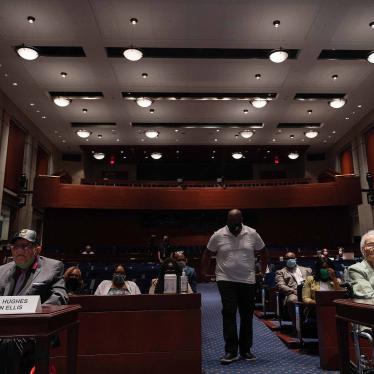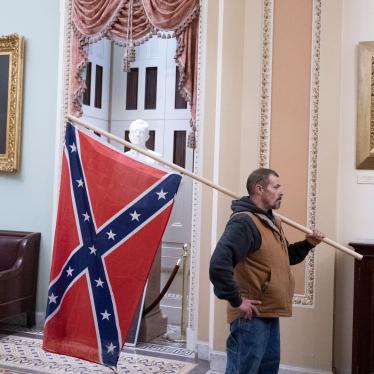The heart of a functioning democracy is the ability of its people to amplify their collective voices through the ballot box. This was something the Rev. Dr. Martin Luther King Jr. knew all too well. On May 17, 1957, the third anniversary of the Brown v. Board of Education US Supreme Court decision ending racial segregation in public schools, Dr. King drew a clear link between voting and democracy.
In a speech he gave at the Prayer Pilgrimage for Freedom, he said, “Give us the ballot, and we will no longer have to worry the federal government about our basic rights.” Dr. King went on to elaborate that the vote would allow Black people to elect legislators of “goodwill,” help create anti-lynching laws, place judges on the bench who would, as he said, “do justly and love mercy” and implement desegregation rulings like Brown. In his mind, there was no light between the right to vote and ensuring the other freedoms that come when living in a democracy.
The intersectionality between voting rights and the fight for justice that is being waged in the US now, almost 70 years later, is just as clear. Battling racial injustice and inequality is not simply about one issue or another. Rather it is about the fight for all civil and human rights. Voting is the most powerful tool in the defense arsenal.
Two timely cultural shifts are salient examples. First, the killings in 2020 of George Floyd, Ahmaud Arbery, Breonna Taylor—and other Black and brown people too numerous to name since then—have brought an enormous amount of attention to reforming the criminal justice system and policing. Second, the Covid-19 pandemic highlighted the overwhelming health and economic disparities that exist in the US and how fragile and susceptible Black and brown communities are to suffering more harm as a result. This has led more people to demand health and economic equity.
A common denominator in these epic fights for justice and change is the power of the vote to bring about the sought-after changes. Voting enables the election of policymakers who can change policies, prevent the implementation of standards and practices that disproportionately harm certain communities, and provide services that strengthen communities in need. In a democracy, voting gives every individual the right, in the words of the late, great John Lewis, to “speak up and speak out” to bring change to their government, neighborhoods and their lives.
In 2022, the King Family has committed to using the King holiday to underscore and reinforce the connection between voting rights and the core civil and human rights at the heart of US democracy. It is fitting to do so on a day honoring a man who understood that shoring up democracy was not only about a fight for a seat at the front of the bus or a battle for equal education, but rather about the protection of all rights that ensure a democracy works for everyone.
On Martin Luther King Day 2022, the stakes are too high for mere commemoration. The US Congress has an opportunity to pass critical voting rights legislation. The Freedom to Vote Act and the John Lewis Voting Rights Advancement Act, if enacted, will implement protections for all voters that build upon the foundation established by the 1965 Voting Rights Act. MLK Day this year is rightly about putting the spotlight on the need for the US to guarantee the right to vote, free of suppression and free of interference, for everyone because the future of its democracy depends upon it.









